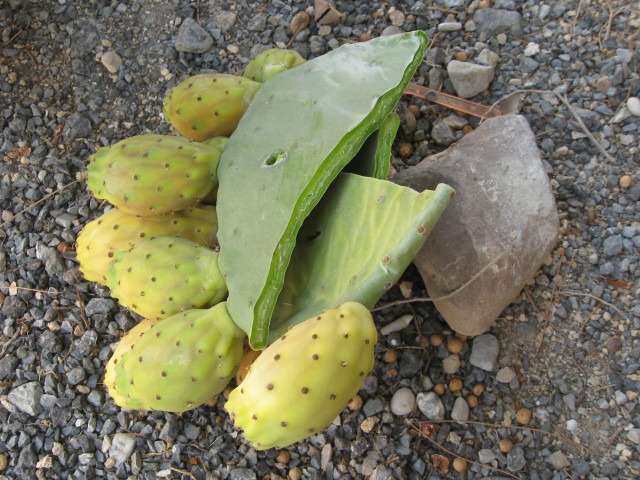
Well before I talk about the food in Greece, I would like to explain my absence from the blogging world. First of All on August 13th I went to Greece Where a friend of mine was getting married and I was the best man. He was getting married in Lesbos, the so famous island of the north Aegean sea, famous for the first ever Lesbian: Sappho. And I have said many time among circle of friends, that Sappho, was the first woman to talk about desire for other women. She was from Lesbos so she was known as Sappho the Lesbian, and that ‘s how the name got started. I just mention that to get the laughter stop.
Anyway… I spend in Greece 3 amazing weeks and I resampled a great deal of the summer foods I missed being here. Sure, we can recreate the dish here, but we cannot recreate the same taste. Although food and taste go hand in hand, they agree only when you start with the same ingredients. That is very true for the food in Greece where there are simple dishes with a few ingredients and almost no spices. And among those ingredients, those two ingredients that cannot be replaced however is the earth and the sun. The two qualities that make the vegetables in Greece grow taste and character. I ‘ve been here in the States for a bit more than 7 years and I worked in farms. The quality of the greek earth and sun are not matched.

Same goes for the fruits. They ripen under the hot blazing greek summer sun. The are literally baked slowly, losing water and getting caramelized. Developing taste. Making them luscious and delectable. And the best part is that you have to know where to find them. Not only in the market, but in gardens and the private growing fields.

Figs that were left on the tree almost to the point the
were falling apart. Like honey balls.

Sun-ripen peach eaten at the beach. What a contrast with the salt, dried out on the lips!
Same goes for the cheeses and the meat. Not of course beef where USA is the leading producer, but in more saddle meats, as in rabbit, and chicken. Meats humble but extremely tasty.

Rabbit stew
The cheese in Greece is mainly made with sheep milk. Among all the milks (cow, sheep, goat) the sheep registers the highest fat content, making a cheese which is far more rich and creamy that regular cow milk. Feta for instance taste less salt, less dry, but not so slimy. It is a different cheese, that you can eat again and again. I am not going to talk about the healthy benefits of feta, since it s a post on its own. But unless you try the feta in Greece, you will never know why it is the king of cheese in Greece. It is very worth noticing that in North Greece when they say cheese, they mean feta.

Feta Cheese served with olive oil to counter down the saltiness of the feta.
The fish is a complete different and really taste like fish in Greece. You can taste the sea and the reefs. You can taste the salt and seaweeds. In contrast with fish here, where the boats go for long fishing tips and flash froze the fishes, in Greece very afternoon the boats are leaving and return early next morning bringing fish that was fished only hours or minutes ago. And greeks although they hate sushi, we know to eat our fish. My pick of the fish dish is the “pastos” (cured) gavros (European anchovy). Cured in salt for one day and washed. Served with olive oil and lemon. Simple simple as simple as it gets.

The cured anchovy in olive oil and lemon. A specialty at the island of Lesbos.
Similar is the treatment for other non fish type sea food. Like calamari and octopus as the most common and se snails, anemones . Utilizing whatever the sea can offer. Using every single bit of the fist and the sea.

Octopus, stewed with olives. The greek couzine marries the few and humble ingredients in extraordinary dishes.

Real calamari. Fried to perfection.
The last thing I left is the most overlooked of all the greek products. The greek wine. Greece has more than 300 unique varieties of grapes equally or even more than France. Greece is one of the oldest wine-producing regions in the world. The earliest evidence of Greek wine has been dated to 6,500 years ago, where wine was produced on a household or communal basis. In ancient times, as trade in wine became extensive, it was transported from end to end of the Mediterranean; Greek wine had especially high prestige in Italy under the Roman Empire. In the medieval period, wines exported from Crete, Monemvasia and other Greek ports fetched high prices in northern Europe. Modern Greek wines now compete in the international market once more.

Limnos wine. A sweet, wine easily drunk in the summer time especially with greek cheeses as is myzithra and kaseri.

Home made wine in the glass I had my first ever taste of wine.


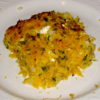
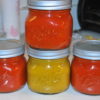
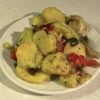
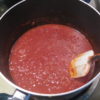
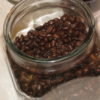




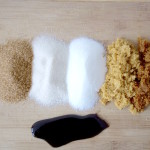
Leave a Reply